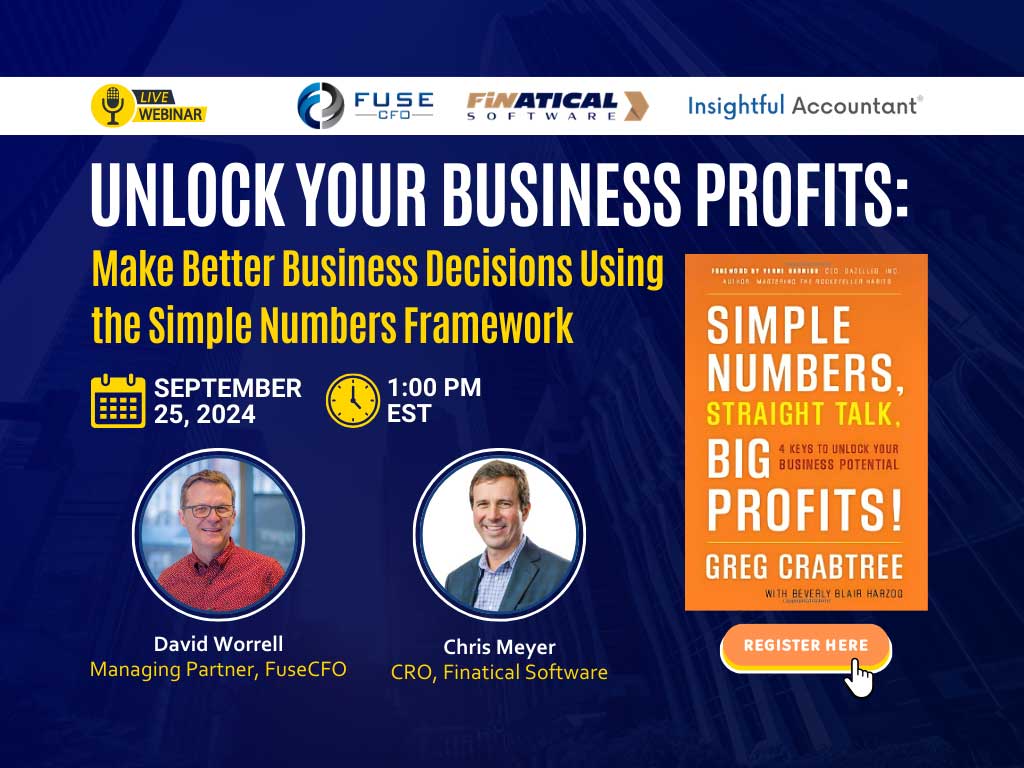
The Importance of Your Corporate Shield—and 10 Foolish Moves to Avoid
In every business, there is risk. To manage that risk, we create companies to protect. Entities like LLC, INCs, and Partnerships are all meant to shield the owner (shareholders or partners) from personal liability with a strong Corporate Shield. If you’re an accountant there’s malfeasance. If you’re a doctor, there’s malpractice. If you’re a limo company, there’s the chance of injury in an accident.
When your entity is set up correctly, money from the business can flow through to the owner, but the risk and liability stay with the company. That “corporate veil”, or corporate liability shield, protects owners from legal attacks on their personal and family assets.
But not all companies do what is required to keep the liability shield strong.
In a recent diyCFO conversation with Lori Hager, ESQ, we talked about the importance of maintaining the corporate shield and some business moves that might put owners at personal risk.
In short, owners whose business activities are not fraudulent, intentional, or grossly negligent should be shielded from liability. But smart business owners are even more vigilant—especially when it comes to company finances. Clear separation between business and personal assets and finances is one key to maintaining a strong corporate shield.

Separate the Business Account from Personal Bank Account
Perhaps you’ve heard the adage: “Do not commingle company and personal funds.” To properly separate and protect the owner’s assets, the owner should ensure the company has a separate identity, separate finances, separate accounts, and adequate capital.
Hager encourages owners to invest in the company from the very start with a reasonable buy-in. Building some equity in the company then gives the company some cushion, in case issues arise, but also proves to the court (in case of a legal problem) that the company is standing on its own as an entity and not reliant on the owner.
Many highly invested company owners see themselves and the company as the same… a single, fused entity. However, creating clear boundaries is critical. If something happens and the business experiences a major liability event—bankruptcy, a lawsuit, an injury, or another catastrophe—a weak corporate shield could put the business or owner’s personal and family assets at risk.
Foolish Moves Threatening Your Corporate Shield
Keeping clear boundaries sounds simple, right? Maybe. Have you made any of these 10 foolish moves that could endanger your corporate liability shield?
- Going shopping with the company credit card: Are all purchases business-related and documented with a receipt?
- Taking a “business trip” for a week at a resort or vacation spot: Is this trip normal for the business, and was the purpose for travel 100% business-related?
- Barter/self-dealing: Barter agreements shouldn’t be personal on one side and business-related on the other. Was everything in the barter arrangement business-related goods and services? And even though no money changed hands, did you fully report the value of the barter?
- Paying personal loans and expenses with business accounts: Are personal housing or vehicles paid for out of the business bank account?
- Pledging corporate assets for personal reasons: Defaulting on a personal loan could put your business assets at risk if the business assets are listed as collateral in a personal loan.
- Buying company goods with personal credit cards: If you need to use a credit card in your name, is there a clear line between business expenses on one card and personal expenses on a separate card account?
- Not taking a salary: If you do not have a reasonable and documented salary, but instead take what you need out of the business (or worse, have clients deposit funds into your account), you’ve blurred the lines between business and personal. Make sure all business revenue goes into a business account before paying employees and owners.
- Not paying salary to working family or paying salary to non-working family: Do family members log time? Is it clear what roles family members play in the business?
- Loaning company money to family: Just as the company should not be your personal bank account, your business account should not act as a bank account for your family members either.
- Discussing company issues via text or messaging platforms like WhatsApp or Slack: It sounds odd, but documentation of key issues could be impossible to retrieve from texting applications. Is there too much formal business communication happening outside of email or storage drive platforms? Get a “corporate resolution” form and document every major decision properly.
Advanced Steps to Secure Your Business Foundation
When you’ve got a good foundation of banking, payroll, and accounting established, take the next step by documenting everything properly. Maintaining the details and formalities might seem cumbersome, but good habits can save you in a crisis.
Avoid Cash
There’s nothing harder to document than how you used the company ATM card. If you cannot avoid using (or receiving) cash, try to make it a habit to collect receipts, and document every step of handing the cash whenever possible.
Keep Board Minutes
A company that is truly independent of its owner will have formal board meetings with minutes that document significant business transactions and decisions. (And by the way, this is required by law!)
File Annual Reports
Keeping your business in current standing with your secretary of state displays your knowledge and adherence to government guidelines. Examples of basic corporate documentation include the articles of incorporation, your operating agreement, any partnership agreements, and the company bylaws.
Get Insured
Business insurance protects owners from the worst. Insurance creates peace of mind and kicks in at the time of unexpected accidents and liability claims. But remember, as Lori Hagar says, “Insurance is a safety net, not a hammock”.
Take a Moment to Take Stock…Then Take Action!
If you’re reading this and questioning your own lax banking habits, insufficient corporate insurance, or lack of corporate documentation, don’t fret. But DO take action to protect your business, yourself, and your family.
Start by reviewing our earlier mentioned list of foolish moves and ensuring your personal and business finances don’t overlap. Then check your insurance coverage. If you’re not doing the right things and someone pierces your corporate veil, your personal assets are at risk.
Fuse CFO supports our clients in making smart financial decisions every day. If you need help with accounting and other financial decision-making, we’re here to help.


